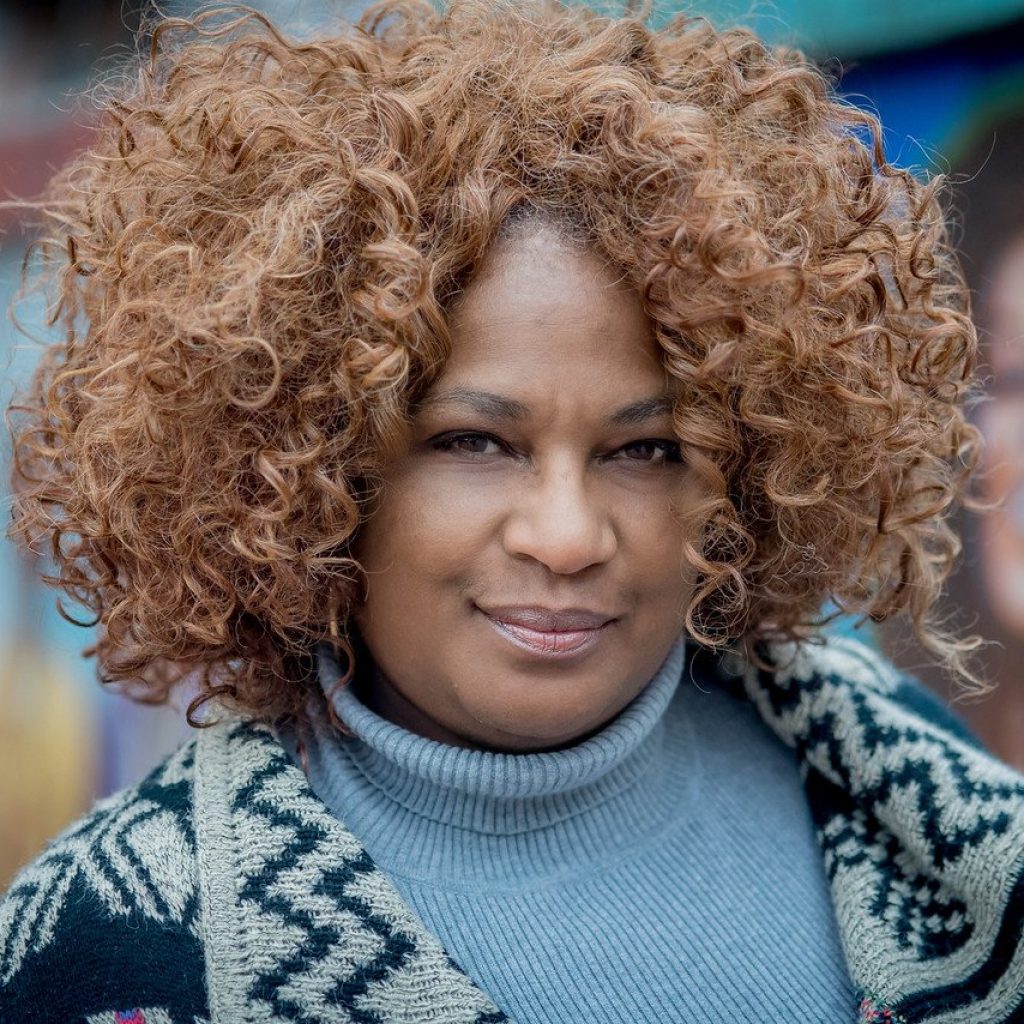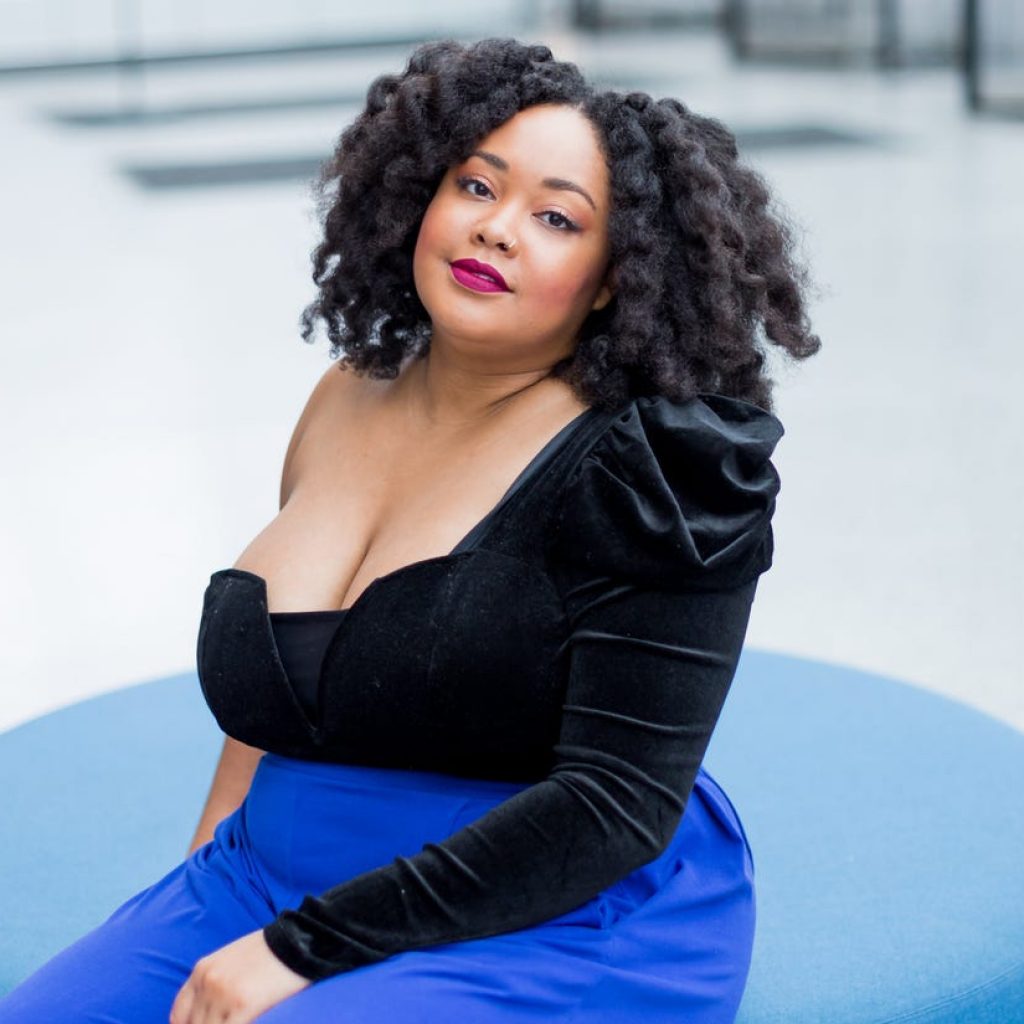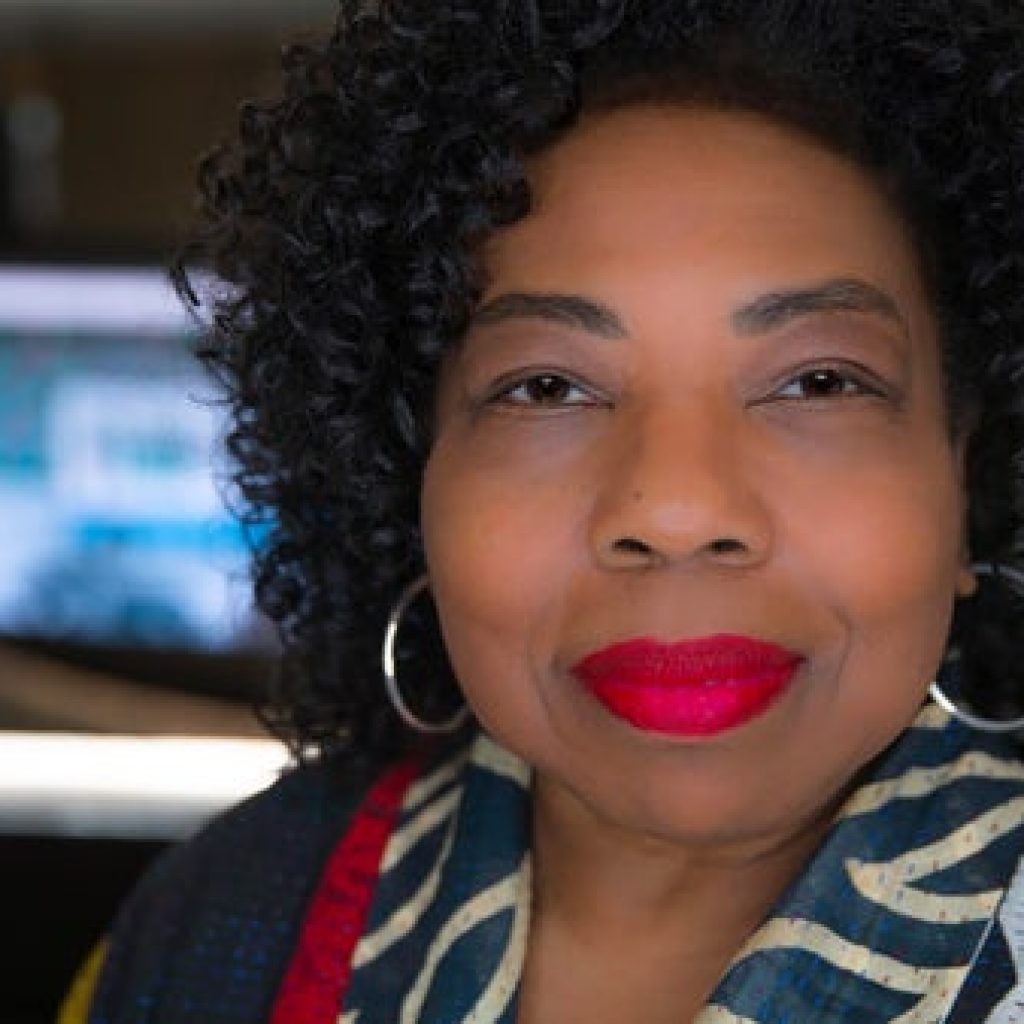How You Can Support Black Business Artists Now

The ongoing protests and mounting movement for racial justice have challenged individuals, businesses, and brands from around the globe to reflect, analyze, take a stance, and act.
While there has been a recent spike in support for black-owned businesses, dollars alone cannot drive real change. It will take a deeper cognitive and cultural shift in order to see black creatives and entrepreneurs as equals and experts.
As I mentioned in my last post, brands and businesses can use their voice and influence to advance positive social change for the communities they serve. But how? Many brands are tentative about entering the conversations, issues, and movement at hand. That’s why we looked to black business artists and creative entrepreneurs for their insights on how people can meaningfully support black businesses now, and in the long-term.
Here are 5 ways that brands can build inclusive habits that help shift the status quo for the better:
1. Take an honest look at diversity, equity, and inclusion. Many businesses and brands are examining their business operations and asking themselves questions such as
- Do my services or products speak to a diverse audience?
- Do I create an equitable work environment, where everyone can feel comfortable expressing their opinions and ideas?
- Could my team be more inclusive?
For white leaders and white people with personal brands, this kind of introspection will likely be uncomfortable because they often realize that they aren’t as inclusive as they would like to think. Oppressive and exclusive patterns may be so deeply embedded in everyday actions, institutions, policies, and practices that they usually don’t even know they’re there. But as entrepreneurs and leaders, we are in a position to acknowledge blindspots and leverage our power for change.

Desiree Adaway is the founder of The Adaway Group, a consultancy that helps organizations seeking to build more resilient, equitable, and inclusive workplaces. As Adaway put it in a recent interview:
“It is essential to have a culture where people can have difficult conversations. What does it mean for people to show up as their full selves in this work space? What does it mean to question what professionalism is? Many organizations have long cared about the optics of diversity but the question is changing now. How do we create a culture that is truly inclusive and welcoming? We’re all dehumanized in this system [because] creativity, money, and brilliance are lost.”
2. Encourage open conversation about race.
Before the Black Lives Matter movement, many white Americans navigated their day-to-day life with a strained “color blindness.” One problem might be that when people pretend that they don’t see race, not only do they deny the heritage and lived experiences of black people, but they avoid the tough conversations and perpetuate racist norms, even if unintentionally.
Many brands at all levels can counteract “color blindness” by being “color brave.” They can create safe and inclusive spaces – at home, at work, and in community – where people can talk about race and inequality. This is especially important in the modern workplace because studies show that people of color feel that they cannot bring their full selves to work.
Creativity, collaboration, and productivity can suffer when any employee feels alienated or unseen. So leaders can set the tone by instigating formal and informal discussions about race, where people can share experiences, propose solutions, and ask questions without fear of reprisal. Shedding light on racial differences and structural inequalities can help bridge the gap and unite teams in the common goal of building a more equitable workplace.

3. Understand the obstacles black-owned businesses face. According to data from the US Federal Reserve, black business owners are twice as likely to be denied loans as their white counterparts. As such, black entrepreneurs are more likely to rely on personal savings or credit cards rather than outside investors to start their businesses. Wadeeha Jackson sought to change that.
Jackson is the managing partner at Cowry Crypto Asset Management LLC, which provides alternative financing options and coaching in cryptocurrency investment for black entrepreneurs. If the word “cryptocurrency” made your eyes glaze over and your inner Luddite recoil, Jackson explains that there’s an easy way that all of us can help remove the barriers to black entrepreneurship: sponsorship.
“A sponsor represents someone who will use their internal political and social capital to move you forward,” Jackson said. “Sponsorship is imperative to work towards supporting Black entrepreneurs and granting them access to networks and opportunities that would aid their growth.”
What does that sponsorship look like? It could mean investing in a black-owned business, but it could also mean offering client introductions, value-added partnerships, or marketing support. Brands and business artists can use their skills to build professional alliances that can bolster black entrepreneurs and strengthen community.
4. (Re)assess your core values and share your brand story. As a business artist, you are likely familiar with the challenges of communicating with people from different backgrounds and fields of expertise. Numerous big brands – from Lincoln Motor Company to Starbucks – have gotten off-track as they’ve grown. Part of what helped them get back on-track and open to new possibilities was returning to their founding values.
Dig into your business’ core values and beliefs and ask yourself if they are still relevant in this cultural climate, if they contribute to the brand story you want to be telling.
A brand story is a consistent narrative that must spring genuinely from the organization’s origins, its team’s values, and its current potential for impact and income. When a team has a strong story in place, then messaging flows seamlessly, brand representatives can work with a concerted purpose, and customers naturally want to be part of that story. In this way, a brand story even has the power to elevate and advance a movement.

In an interview with Business Insider, Christina Blacken, founder and chief story strategist at The New Quo, explains:
“My childhood of being an outsider religiously, politically, and racially taught me how powerful story can be for influencing how we treat one another. It inspired me to found a storytelling training company that uses story as a tool for development and social change. I know the inequities I have faced and the problems I am passionate about contributing to solving will only be moved through new models of communication, personal development, and business practices.”

5. Offer your skills or services to solve community-wide problems. Whether you’re a business consultant, career coach, storyteller, or maybe you just really like Excel, odds are that there are black-owned businesses in your community that could benefit from your expertise.
Connie Evans is the CEO and president of the Association of Enterprise Opportunities, an organization committed to helping underserved entrepreneurs access social and financial resources to make their businesses thrive. As Evans explained in a recent interview, “Small business owners have lost so much revenue during shelter-in-place, and many don’t know if they can afford to take out PPP loans or any other kinds of loans. They need help with accounting and getting their books in order, and some of these businesses just can’t afford that. We can help.”
COVID-19 has made it clear that, for the foreseeable future, we will have to come up with creative solutions for our professional challenges and broken social systems.
Business and brands of all sizes and make up can contribute to a world with racial justice.